Men sholde wedden after hir estat, for youthe and elde is often at debat
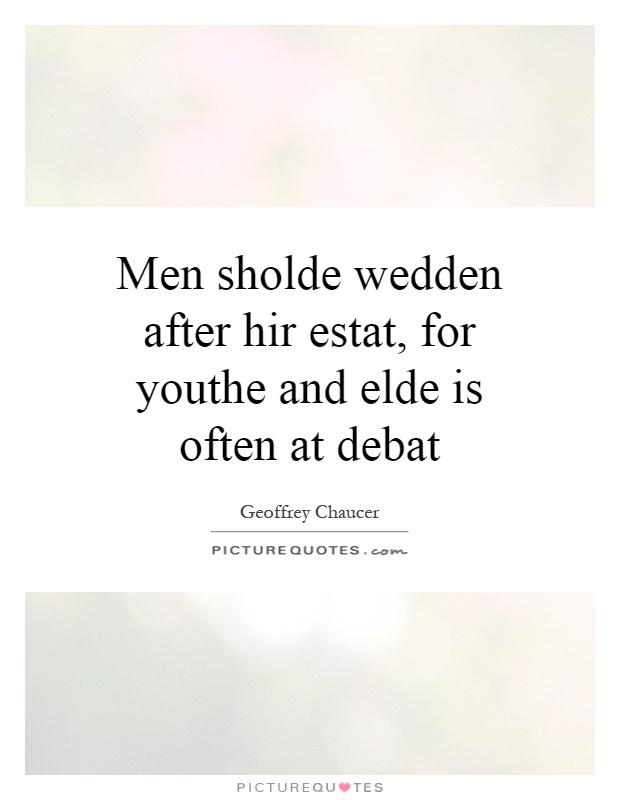
Men sholde wedden after hir estat, for youthe and elde is often at debat
In Geoffrey Chaucer's "The Canterbury Tales," the quote "Men sholde wedden after hir estat, for youthe and elde is often at debat" is a reflection of the societal norms and expectations surrounding marriage during the medieval period. Chaucer, a masterful storyteller and keen observer of human nature, uses this quote to highlight the complexities and challenges that come with choosing a partner based on age and social status.During Chaucer's time, marriage was often seen as a strategic alliance between families rather than a union based on love and companionship. The idea of marrying according to one's "estat," or social status, was deeply ingrained in the culture of the time. It was believed that marrying within one's social class would ensure stability and security for both parties involved. However, the quote also acknowledges the inherent tension between youth and old age in a marriage, suggesting that age difference can lead to conflict and discord.
Chaucer's characters in "The Canterbury Tales" exemplify the complexities of marriage and relationships. From the youthful and passionate love between the Knight and his wife in "The Wife of Bath's Tale" to the comedic misunderstandings and miscommunications between the Miller and his young wife in "The Miller's Tale," Chaucer explores the various dynamics and challenges that come with marriage.
The quote also speaks to the idea of societal expectations and pressures when it comes to marriage. In Chaucer's time, individuals were often expected to marry according to their social status and age, regardless of their personal feelings or desires. This societal pressure could lead to unhappy and unfulfilling marriages, as seen in the characters of the Merchant and his wife in "The Merchant's Tale."
Overall, Chaucer's quote "Men sholde wedden after hir estat, for youthe and elde is often at debat" serves as a poignant reminder of the complexities and challenges that come with choosing a partner based on age and social status. It reflects the societal norms and expectations surrounding marriage during the medieval period and highlights the tensions that can arise between youth and old age in a relationship.


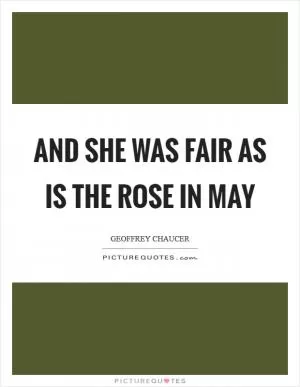
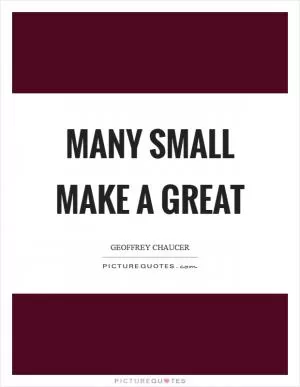
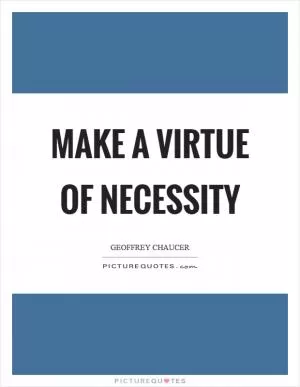


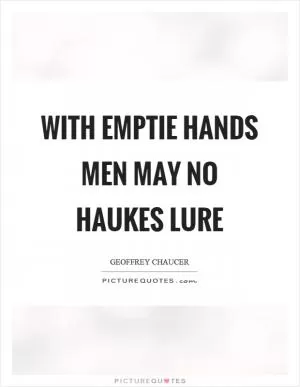
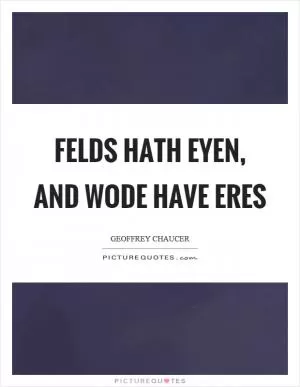



 Friendship Quotes
Friendship Quotes Love Quotes
Love Quotes Life Quotes
Life Quotes Funny Quotes
Funny Quotes Motivational Quotes
Motivational Quotes Inspirational Quotes
Inspirational Quotes